Last Updated on 10/01/2020 by Chris Gampat
Once again, it’s time to call out a rights grab when we see one.
We at the Phoblographer have already spent a lot of our energy talking about how and why Unsplash is profoundly detrimental to our industry. While they are not the only company to engage in rights grabs, or run the only contest guilty of blatant copyright obtainment, they are undeniably one of the worst, most unapologetic perpetrators. If you’re not presently aware of the danger they pose to photographers and working professionals for any reason, here are the main takeaways to know.
There Are Media Companies that Don’t Value Photographers
Here’s how Unsplash works:
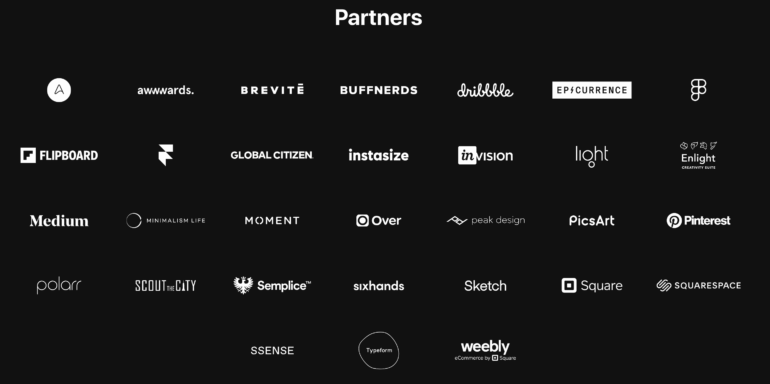
- The instant you upload an image to Unsplash itself or their contests, you lose all rights to that image, irrevocably and immediately.
- They do not compensate you in any capacity.
- They don’t require their clients to credit you.
- They’ve partnered with Squarespace and Dropbox in the past in some seriously unsavory ways.
- They put both their photographers and their users at risk, both financially and legally.
We’ve spoken about it before, but that doesn’t mean the need to do so has passed; in fact, it’s far from over. Despite years of taking copyright from both experienced and green photographers, Unsplash has continued this with significant industry support. To see Conde Nast, VICE, and Mailchimp condoning Unsplash’s abhorrent confiscation of copyright by providing judges for their contest is deeply disheartening. Etsy, Netflix, Airbnb, Nike; these are companies who have the means and ability to pay for quality image creation. Monoliths such as these that devalue the monetary worth of imagery set a dangerous precedent in an already-difficult-to-succeed-in field. As photographers, we face many uphill battles with clients as is, justifying the costs of photo assistants, editing, licensing; we don’t need additional methods for society to discredit the importance of the work we do.
Now, you may be saying photographers have to choose to upload their images. But what if a photographer uploads someone else’s photo? You’d also be amazed at how many people we’ve heard about who don’t know of other online resources for sharing images. Adobe’s Behance is one of the best and most ethical options out there.
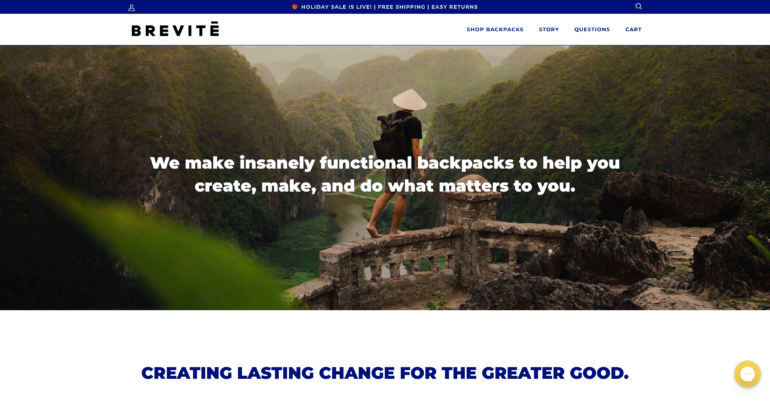 Why would Brevite, a camera bag company that touts “creating lasting change for the greater good,” advocate against the interests of its own customer base? How can we invest in your beautiful camera bags if we’re giving our rights away for free to companies like Unsplash, with your encouragement and affiliation? Why would VICE, a company I’ve always liked and trusted for bringing essential news to the forefront, betray photojournalists and photographers? There’s no pretending or denying what they’re doing; Unsplash has it written quite clearly and unapologetically right here, all you have to do is click the “License” link, which is much easier to find on the awards page than the regular website:
Why would Brevite, a camera bag company that touts “creating lasting change for the greater good,” advocate against the interests of its own customer base? How can we invest in your beautiful camera bags if we’re giving our rights away for free to companies like Unsplash, with your encouragement and affiliation? Why would VICE, a company I’ve always liked and trusted for bringing essential news to the forefront, betray photojournalists and photographers? There’s no pretending or denying what they’re doing; Unsplash has it written quite clearly and unapologetically right here, all you have to do is click the “License” link, which is much easier to find on the awards page than the regular website:
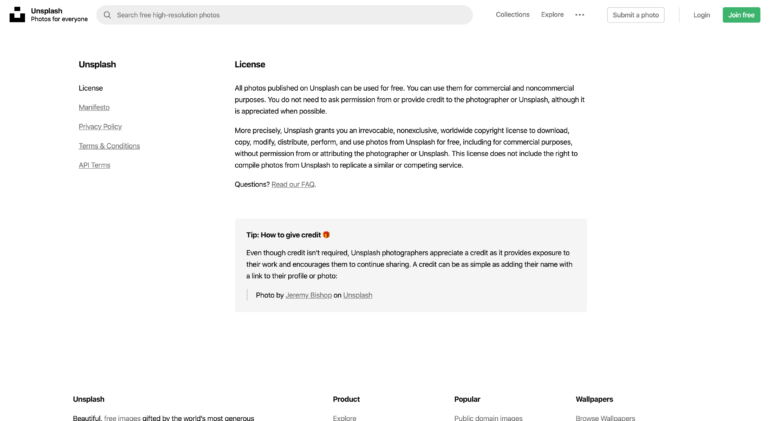
So, these companies can’t feign ignorance either; it’s pretty out in the open how far Unsplash is taking their rights grab, and associating with them in spite of this makes you no photographer’s ally. They even wrote it on the awards landing page, “Unsplash wouldn’t exist without the thousands of photographers who freely gift their work.” They know precisely what they’re doing, and we are allowing them to continue doing it just by continuing to contribute our work. So, why are we?
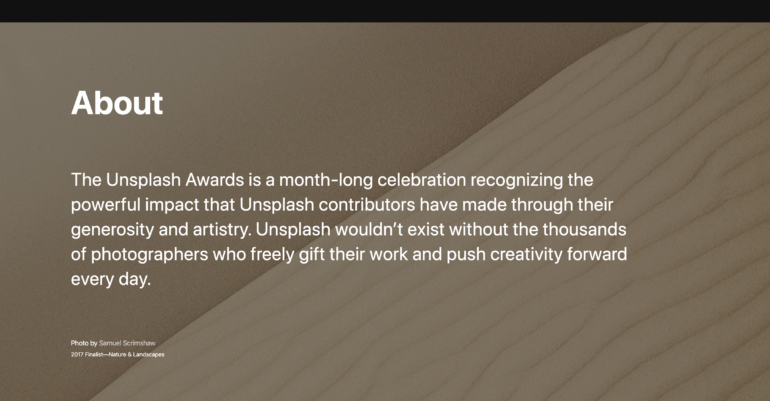
We all want the success; we want those huge dream clients, the kind that mean you can breathe for a minute in the constant chaos of freelance life. Of course, we’d all jump at the chance to get our work in front of a big-wig photo editor or creative exec., but is the cost worth it? To show images you’ll never be able to license, print, or sell? All you’re doing with Unsplash is sending them ghosts – work you might have been able to sell, that now they can download for free. Without crediting or compensating you. The very entity through which you hope to make your big break, is actually an ironclad guarantee that will cut you out entirely and take away your image’s power. We need to call it out for what it is; theft, or more importantly, piracy.
How the Heck Does Unsplash Make Money?
Where does Unsplash make their money anyway? It’s an important question to ask, given that they aren’t licensing images. They clearly state the content is free for folks who join, whether being used commercially or personally. So, if they aren’t selling the photos themselves, and they aren’t selling the licensing for the images, what are they selling? Is it these partnerships that are providing the profits to continue, or are gains being made somewhere else? Minus a rotating header advertisement on their editorial page, we do not see ad space, so there doesn’t seem to be a clear-cut answer, though it’s one we’d be interested in uncovering. Hopefully, one day soon, we will.
Here is the full list of companies providing judges to Unsplash’s latest grab at photographers’ rights:
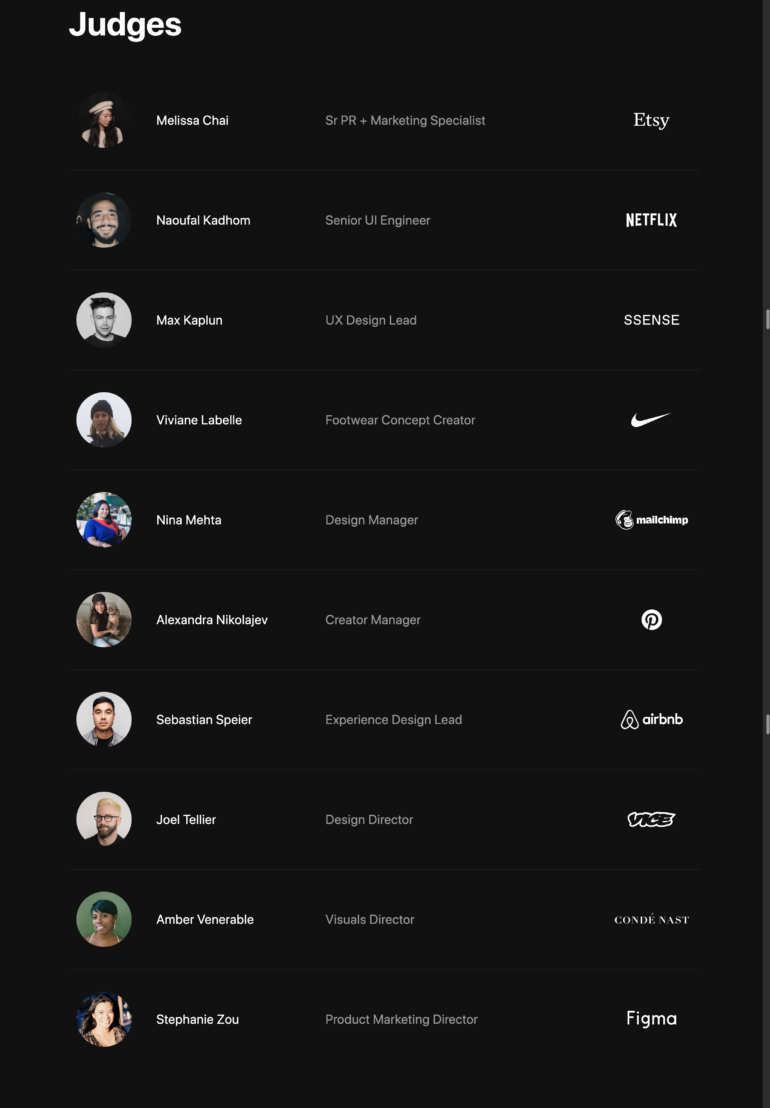
And here is the full list of companies still associating with Unsplash as friends and partners:
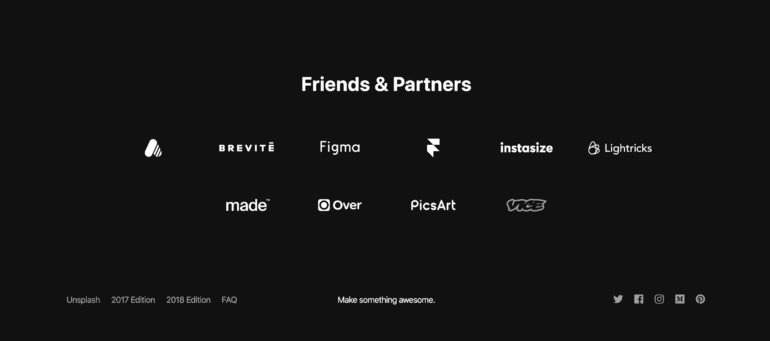
If you actually want to support and maintain the success and vitality of our industry, we all need to make a concerted effort to protect our intellectual property. Always, always, always read the fine print before uploading your images to anything and always register your work for copyright (I know, easier said than done, but it’s critical). Step away from companies like Unsplash that look for ways to steal your work, and step towards companies, contests, and collaborators that value your work. This is the photographer’s industry equivalent to #grabyourwallet, and we need solidarity in advocating for our images, our rights, and the value of our work.


